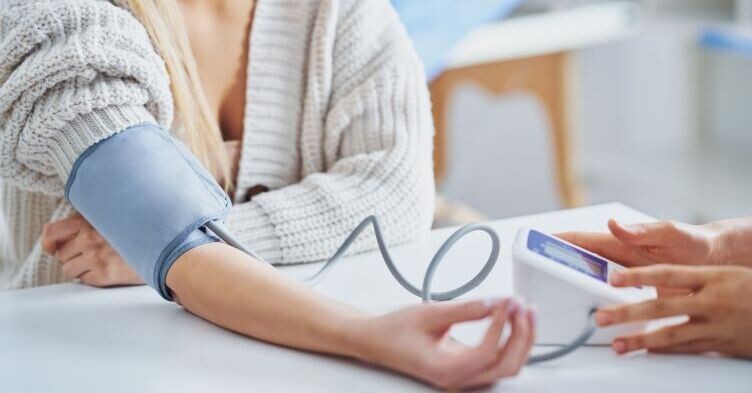Psychological self-help reduces anxiety and depression in heart disease patients

People with serious heart disease experience symptoms of anxiety, depression and trauma and can benefit from home-based self-help psychology, according to new research.
A psychological therapy called Metacognitive Therapy (MCT) was found to ‘significantly improve’ anxiety and depression, and post-traumatic stress in heart disease patients even when delivered remotely.
The study led by Greater Manchester Mental Health NHS Foundation Trust and the University of Manchester found anxiety and depression in cardiovascular disease can be effectively managed with self-help MCT, improving health outcomes and quality of life for heart disease patients.
Related Article: Diagnosis Connect service will link people to advice from charities
The findings are published in PLOS Medicine.
People with heart disease commonly experience stress and anxiety related to their medical condition. Many patients who have experienced a severe heart problem, such as a heart attack or open heart surgery, are referred to an in-clinic or at-home cardiac rehabilitation (CR) programme to support their recovery, but psychological support in rehabilitation is often limited.
The researchers undertook a randomised trial involving 240 patients receiving CR to determine the effectiveness of self-help MCT. A group of 118 patients received home-based MCT alongside standard CR treatment, while 122 patients were allocated to standard CR. All patients had elevated anxiety or depression, or both.
Patients receiving home-based MCT were provided with a self-help manual to work through at their own pace. The therapy included developing techniques to reduce worry, rumination, and ways to react to negative or distressing thoughts. The heat disease patients also received support phone calls from trained staff to provide opportunities for reflection and to consolidate learning.
Related Article: CVD prevention must be national health priority, says report
Using the Hospital Anxiety and Depression Scale (HADS), the researchers saw a significant improvement in anxiety and depression in the patients who had received the self-help MCT. In CR alone, 36% of patients met the criteria for minimal clinically significant improvement, compared to 59% under MCT self-help. MCT self-help plus CR improved post-traumatic stress symptoms more than CR alone.
Professor Adrian Wells from the University of Manchester said: ‘It’s not surprising that people living with or recovering from serious heart problems experience symptoms of anxiety, depression and trauma. They are often recovering from potentially life-limiting conditions and uncertainty, which understandably cause distress. What’s important is that we recognise this and provide patients with effective, evidence-based treatment options.’
He added: ‘The results of our trial have shown that home-based MCT can help cardiac patients discover new and more helpful ways to process their distressing thoughts, whether they are undergoing treatment at home or in a clinic.’
Related Article: Prescribing in England to be led by a single national formulary
The study highlights the flexibility in how MCT can be delivered. The researchers hope it will enable healthcare providers to offer patients greater choice in accessing the psychological components of CR programmes.
Joanne Varker, Cardiac Rehabilitation Specialist Nurse at Royal Bolton Hospital, one of the NHS sites involved in the study, said: ‘We had never had the option of offering a home-based therapy that could greatly aid our patient’s understanding of the psychological issues caused by their heart attack and help their overall recovery. As a team, we saw many positive outcomes from our patients.’

See how our symptom tool can help you make better sense of patient presentations
Click here to search a symptom




